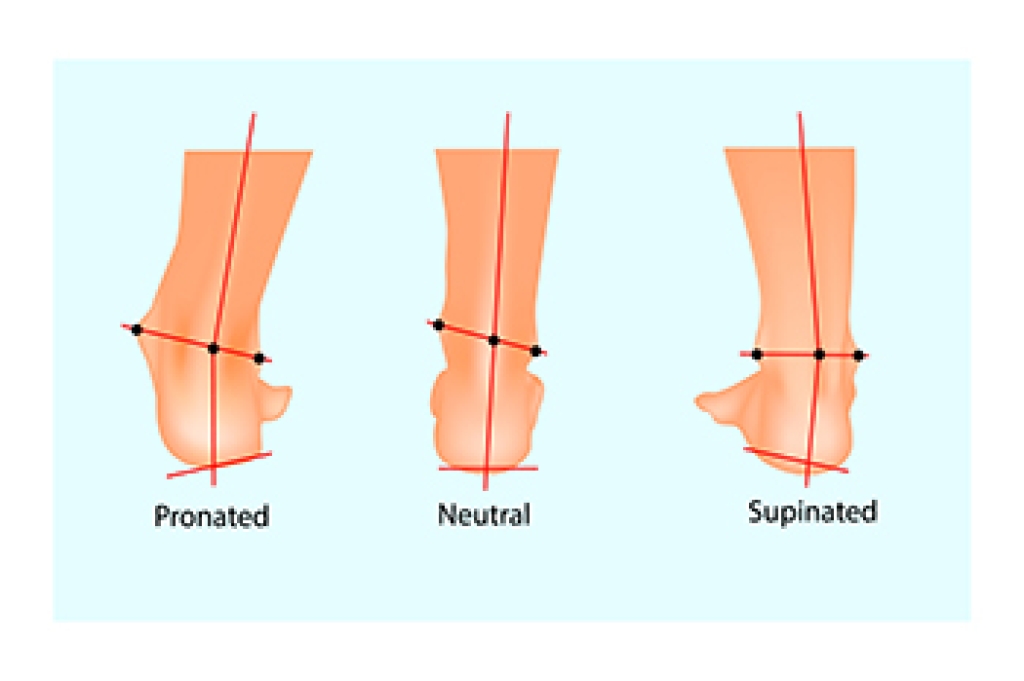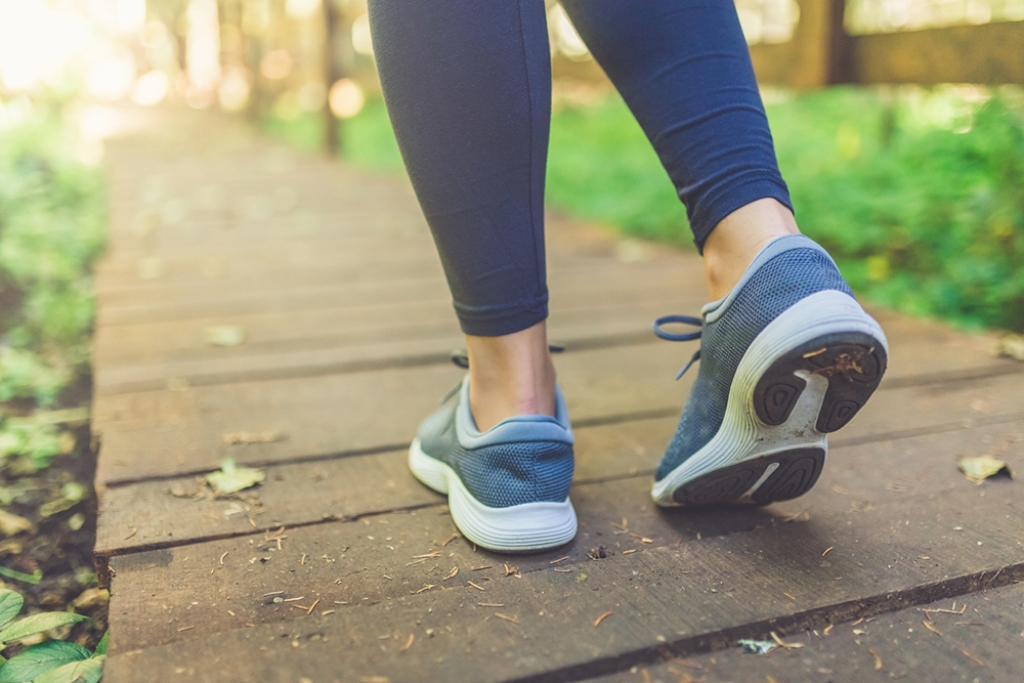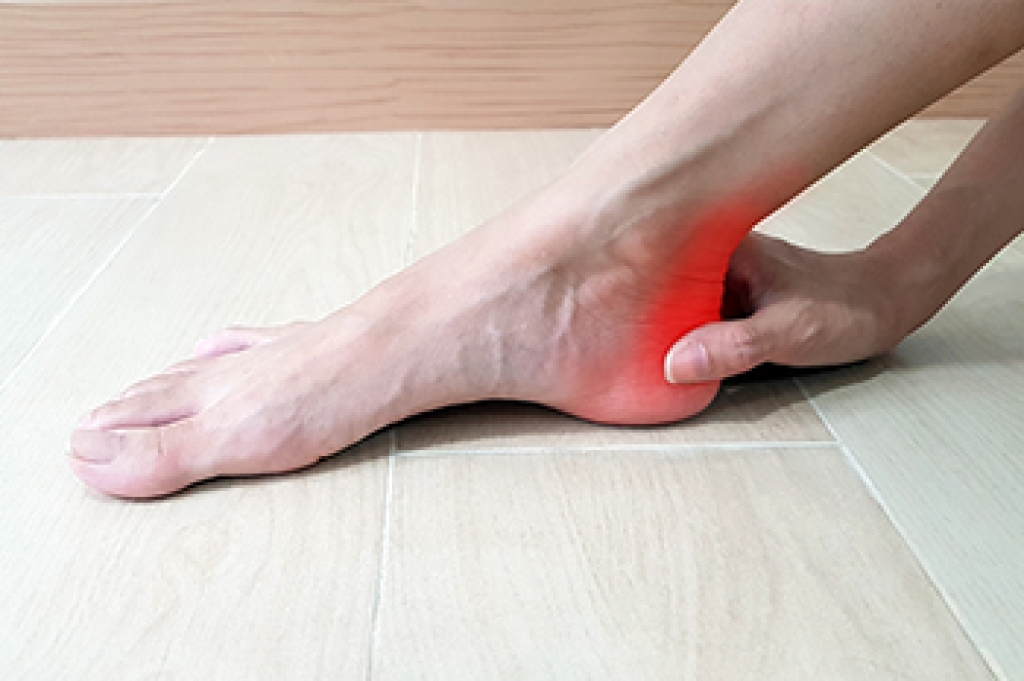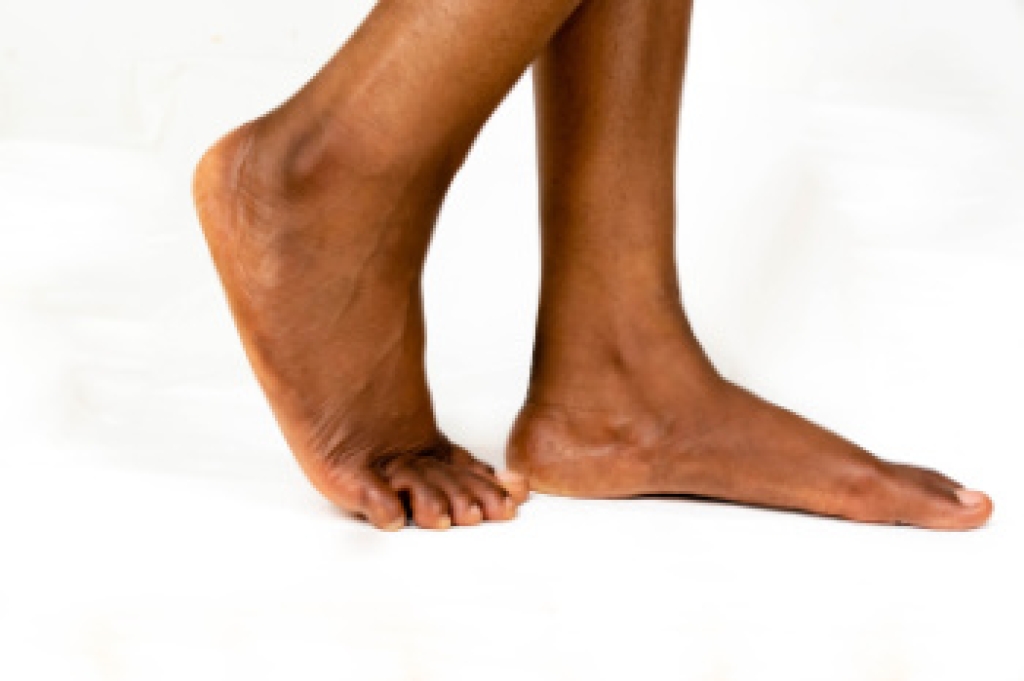
Overpronation occurs when the foot rolls inward excessively when walking or running, placing uneven stress on bones, ligaments, and tendons. Common causes of overpronation include flat feet, ligament laxity, obesity, pregnancy changes, ankle injury, and footwear that lacks adequate support. These mechanics can contribute to heel pain, arch strain, shin discomfort, knee symptoms, and abnormal shoe wear. A podiatrist evaluates overpronation through history, gait analysis, and examination of alignment and joint motion. Treatment focuses on restoring balanced mechanics and reducing strain on the lower extremities. Options include custom orthotics, changes in footwear, activity modification, and strengthening programs supervised by a podiatrist. Bracing or surgery may be needed when structural deformity is present and symptoms persist. If you are experiencing symptoms of overpronation, it is suggested that you make an appointment with a podiatrist for an exam, diagnosis, and treatment.
If you have any concerns about your feet, contact Pedram Aslmand, DPM from Advanced Foot and Ankle Center. Our podiatrist can provide the care you need to keep you pain-free and on your feet.
Biomechanics in Podiatry
Podiatric biomechanics is a particular sector of specialty podiatry with licensed practitioners who are trained to diagnose and treat conditions affecting the foot, ankle and lower leg. Biomechanics deals with the forces that act against the body, causing an interference with the biological structures. It focuses on the movement of the ankle, the foot and the forces that interact with them.
A History of Biomechanics
- Biomechanics dates back to the BC era in Egypt where evidence of professional foot care has been recorded.
- In 1974, biomechanics gained a higher profile from the studies of Merton Root, who claimed that by changing or controlling the forces between the ankle and the foot, corrections or conditions could be implemented to gain strength and coordination in the area.
Modern technological improvements are based on past theories and therapeutic processes that provide a better understanding of podiatric concepts for biomechanics. Computers can provide accurate information about the forces and patterns of the feet and lower legs.
Understanding biomechanics of the feet can help improve and eliminate pain, stopping further stress to the foot.
If you have any questions please feel free to contact our offices located in Long Beach, CA . We offer the newest diagnostic and treatment technologies for all your foot and ankle needs.





